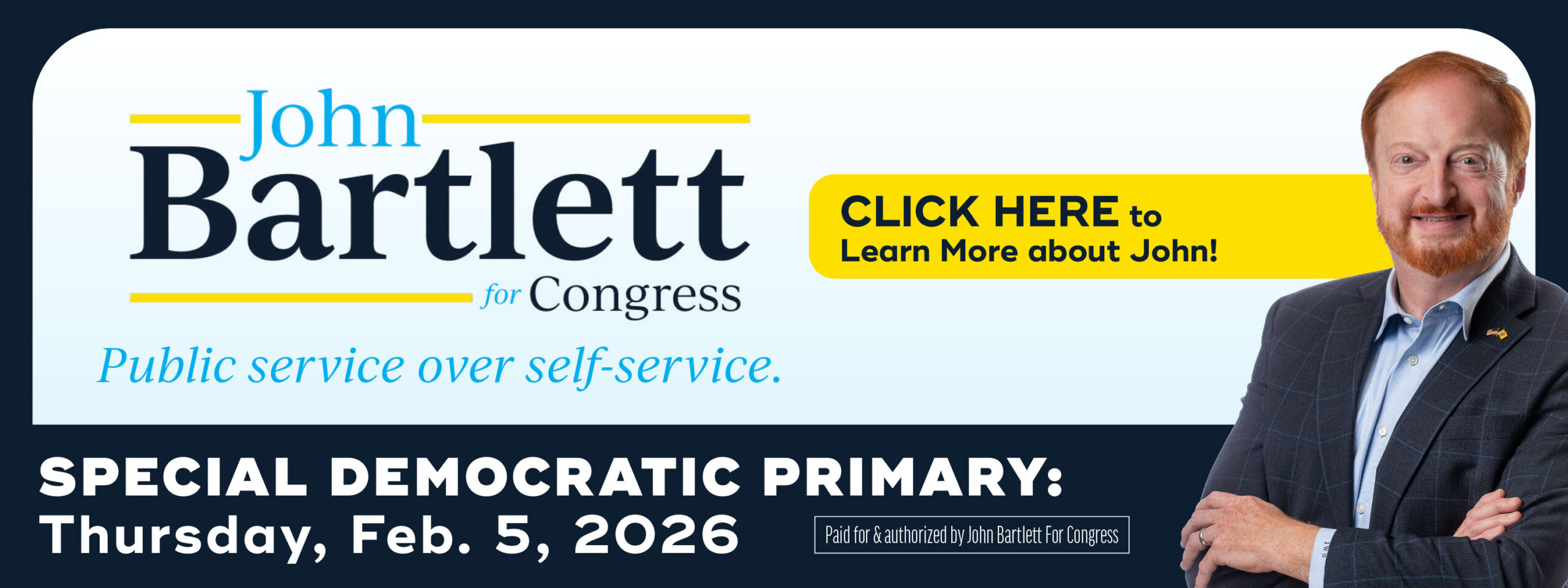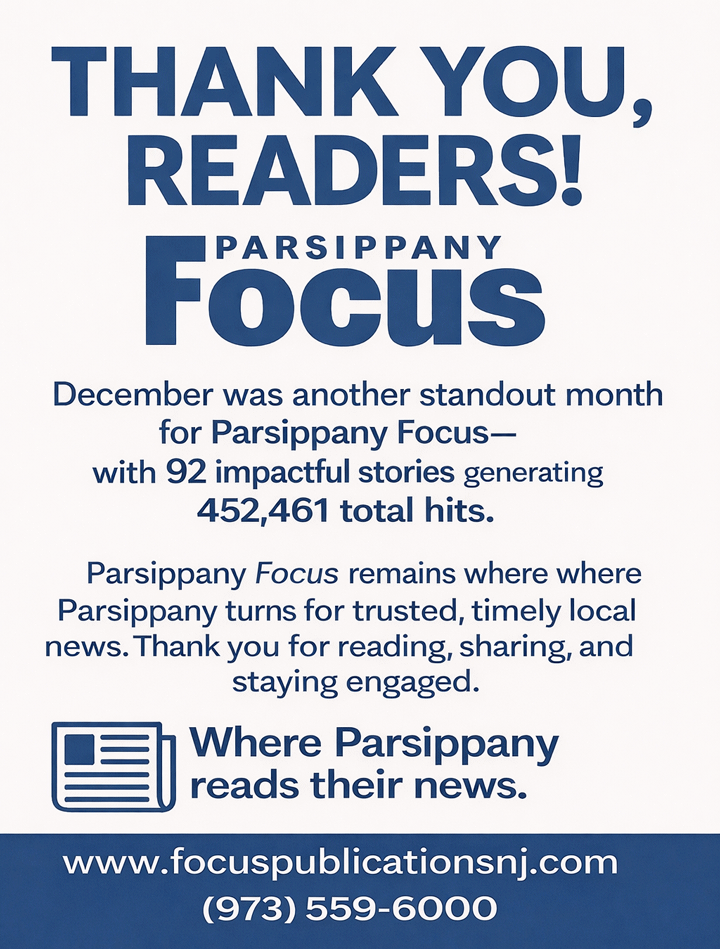 Dear Editor:
Dear Editor:
The town council held a special meeting on July 9 to discuss monetary shortfalls in our water and sewer budgets. The focus of the meeting was a presentation by a consultant having expertise in utility rates, who first identified rising expenses and transfers to the general budget as the main causes of the problems that exist in the water and sewer budgets. Then, he proposed a solution that would
- Raise utility rates by 39% for 2020; and then
- Raise utility rates by 5-8% for each of the following four years.
Clearly rate increases of this magnitude will add significant revenue to the utility budgets. In fact, if adopted, our water and sewer bills will almost double in five years. However, this solution, which simply brings in more revenue without addressing the underlying problems in the utility budgets, should be rejected by the administration and the council.
Using the water budget as an example, in the last three years expenses have risen by an average of 7.3% per year. However, in the prior ten years before that, the average increase in expenses was only 2.4%. In the short term, the consultant’s solution makes it easier to pay for these rising expenses. But missing from his solution is a feasible plan to reduce out-of-control expenses. If expenses were increasing by 6-8% per year in the general budget, Parsippany would be forced to reduce them to stay within the 2% cap. The same fiscal discipline should be applied to the utility budgets.
During the council meeting, the business administrator stated that he has been cautioning the township about moving money from the utility budgets to the general budget since he arrived here. Why then would the township ignore this advice and adopt a utility rate hike plan that continues making these transfers? These annual $2.5 million withdrawals from the utilities will just continue to be a drain on future budgets and a scapegoat for future utility rate mega-increases.
There is no denying that Parsippany currently has problems within its water and sewer budgets and that the solution will involve some pain. But it is the general budget, not the utility budgets, where the administration and the council should first direct their attention. Increasing revenues and reducing expenses in the general budget by a sufficient amount to eliminate the transfers will repair that budget once and for all, and at the same time will strengthen the utility budgets by allowing them to retain an extra $2.5 million of their own money each year. If you take care of business on the general budget side first, a utility rate increase may not even be necessary.
Bob Venezia
Parsippany


















